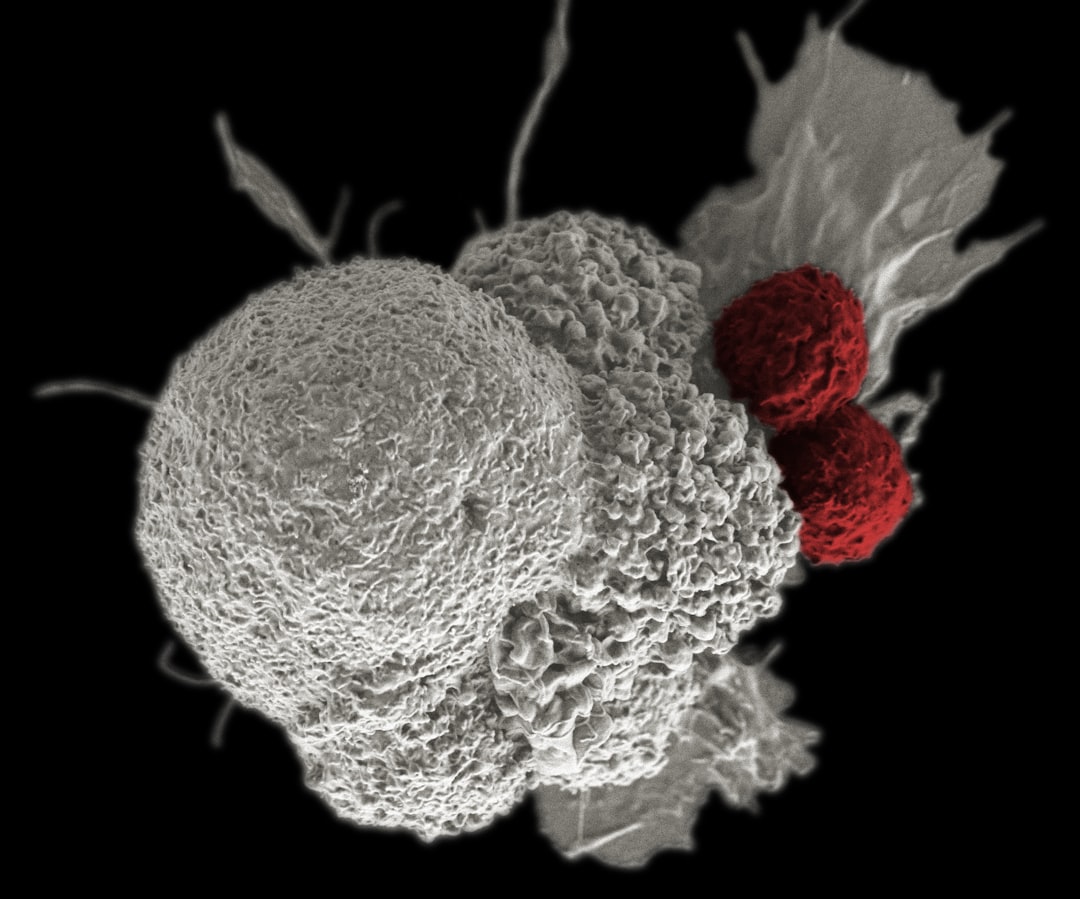What is it about?
Beneficial microbes residing in the gut are frequently exposed to host immune effectors that are triggered by pathogens during infection. However, the healthy gut microbiota manages to maintain stability despite these challenges. In this study, we utilized the fruit fly Drosophila melanogaster and its microbiota as a model system to explore a fundamental characteristic of intestinal microbial communities: their resilience to inflammation. Our findings revealed that the ability of prominent gut symbionts to resist host antimicrobial peptides, facilitated by cell wall modifications, serves as a crucial mechanism for their resilience.
Featured Image

Photo by Erik Karits on Unsplash
Why is it important?
Our research demonstrates that the ability to resist antimicrobial peptides through cell wall modifications, which have traditionally been associated with pathogen virulence, is also crucial for maintaining stable interactions between microbiota and the host. This finding provides further evidence that the molecular dialogue governing host-symbiont and host-pathogen associations is shared. Furthermore, our study highlights the importance of commensal-encoded resilience mechanisms in addition to host immune tolerance in maintaining a stable association between the host and microbiota during episodes of inflammation.
Perspectives
This work is an exemplary case where the power of the Drosophila model was fully exploited to study fundamental mechanisms of host-microbe interactions. Making elegant use of reciprocal genetic manipulation in host and symbiont, we elucidated the key mechanisms that shape the interactions between the host and microbiota during infection. This elegant approach allowed us to gain valuable insights into the intricate dynamics of these interactions.
Igor Iatsenko
Max Planck Institute for Infection Biology
Read the Original
This page is a summary of: Resistance to host antimicrobial peptides mediates resilience of gut commensals during infection and aging in
Drosophila, Proceedings of the National Academy of Sciences, August 2023, Proceedings of the National Academy of Sciences,
DOI: 10.1073/pnas.2305649120.
You can read the full text:
Contributors
The following have contributed to this page










